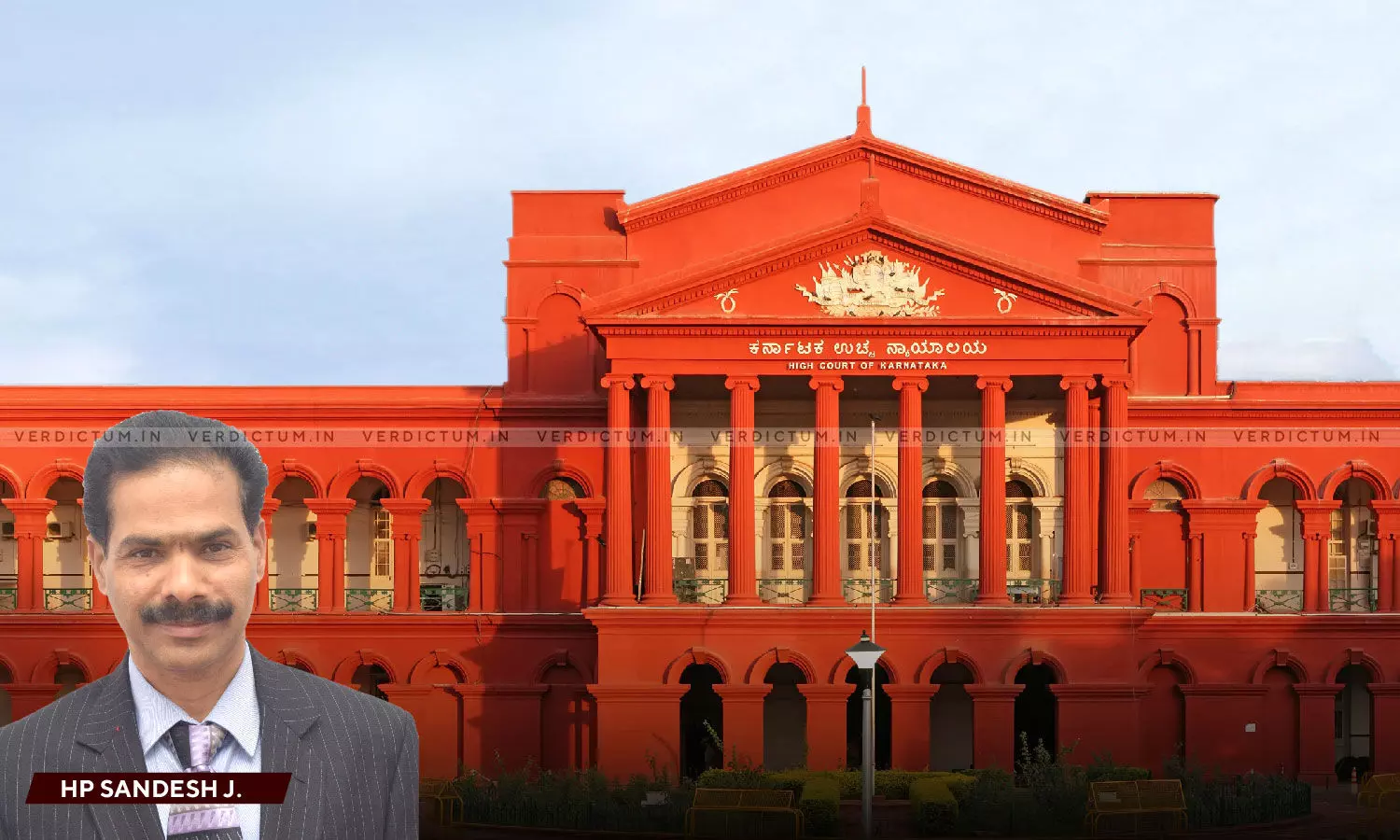
Karnataka HC Holds Railways Strictly Liable U/S 124A Indian Railways Act For Death Of A Passenger Trying To Alight Moving Train
 |
|The Karnataka High Court granted compensation to the family of a passenger who died while alighting a moving train placing strict liability on the Indian Railways under Section 124-A of the Indian Railways Act, 1989.
The Court held that the actions of the deceased did not amount to “self-inflicted injury” on a mere plea of negligence on the part of the victim as a contributing factor as was argued by the Railways.
A Single Bench of Justice H.P. Sandesh observed, “No doubt, the Tribunal not arrives at a conclusion that the deceased was not a bona fide passenger, but rejected the claim only on the ground that it is a self-inflicted injury…The Tribunal committed an error…The appellants are entitled for compensation to the tune of Rs.4,00,000/- along with interest @ 7% p.a., from the date of filing the claim application till its realization. It is made clear that after applying the rate of interest, if the final figure is less than Rs.8,00,000/-, then the appellants shall be entitled to Rs.8,00,000/-. ”
Advocate Tanveer Pasha A.S. represented the appellants, while Advocate Harsha P. Banad appeared for the respondent.
The claimants were family members of the deceased who had lost her life while attempting to alight from a moving train after learning that she boarded the wrong train. While alighting from the train, the deceased lost balance, accidentally fell down from the train, sustained fatal injuries and died on the spot. The claimants contended that it was an untoward incident and filed a claim petition under Section 16 of the Railways Claims Tribunal Act, 1987 (RCT Act) read with Sections 124-A and 125 of the Indian Railways Act, 1989 (IR Act) seeking compensation of Rs.8,00,000/-
The Tribunal rejected the claim petition, calling it a self-inflicted injury, thereby denying compensation to the claimants, as the fall resulted from a deliberate and voluntary act by the deceased, not meeting the criteria of an accidental fall under Section 123(C) of the IR Act.
The Railways contended that the deceased's death didn't result from an accidental fall qualifying as an untoward incident under Section 123(C) of the IR Act. Instead, they argued it was a deliberate act of alighting from the train, constituting self-inflicted injuries, thereby exempting them from liability under Section 124 of the IR Act.
The High Court imposed strict liability on the Railways after referring to the decision of the Supreme Court in the Union of India v. Prabhakaran Vijay Kumar 2008 (5) ALL MR 917 which stated that Section 124A of the Railways Act, 1989 cast strict liability on the Railway even if the deceased died due to their fault.
The Court also relied on the Supreme Court’s decision in Union of India v. Rina Devi 2018 AIR (SC) 2362 where it was established that a death or injury in the course of boarding or de-boarding train would be untoward incident and a victim would be entitled to compensation and would not fall under the proviso to Section 124A merely on plea of negligence of victim as the contributing factor.
Consequently, the Court allowed the claim application of the deceased's family members and set aside the judgment of the tribunal.
Accordingly, the High Court allowed the appeal.
Cause Title: Mrs. Rojamani & Ors. v. The Union Bank Of India
Appearance:
Appellants: Advocate Tanveer Pasha A.S.
Respondent: Advocate Harsha P. Banad